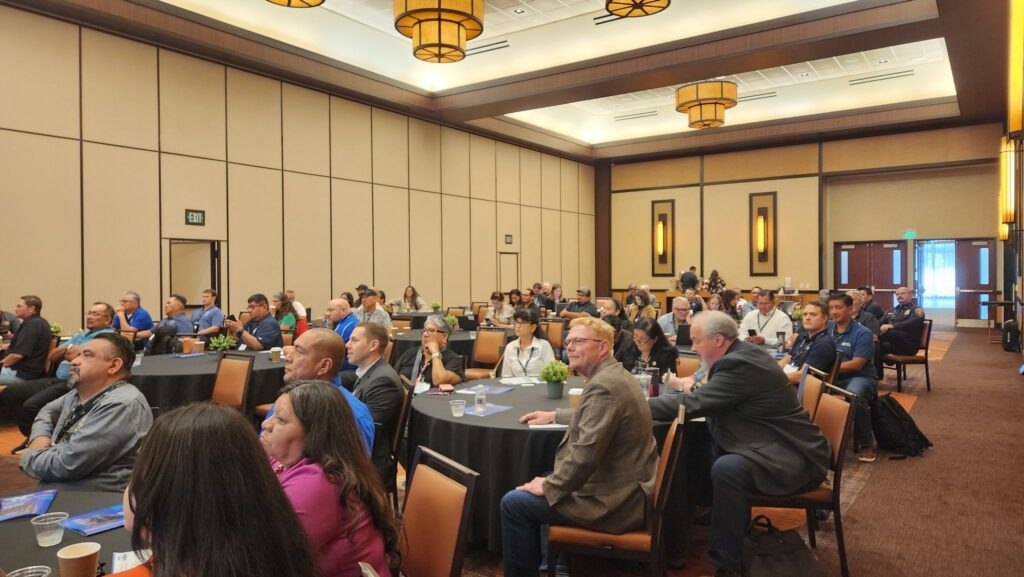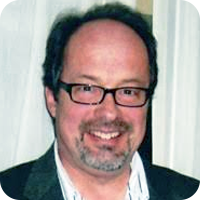
2025 NACO Summit: Promoting Tribal Sovereignty Through Tribal Building Codes
The summit focused on experiences and insights from tribal government representatives who have enforced building codes to protect the safety and property of Native Americans.
With 30 tribal nations represented, the second annual Native American Code Officials (NACO) Summit took place Sept. 30 and Oct. 1, 2025. Sponsored by the NACO Chapter of the International Code Council (ICC), the summit focused on experiences and insights from tribal government representatives who have enforced building codes to protect the safety and property of Native Americans.
The event, Promoting Tribal Sovereignty through Tribal Building Codes, was held at the Wild Horse Pass Resort and Casino on the tribal lands of the Gila River Indian Community just south of Phoenix, AZ. Nearly 100 participants heard from certified building inspectors, fire service officials, permit technicians and tribal leaders who have used model building codes.
“We are together holding the torch so that others coming behind us will have the pathway forward,” said David Jackson, NACO Board President and member of the Gila River Indian Community. “I see my work as a building official as someone who impacts my community. My work protects the quality of housing and of care for the elders as a resource for my community. It builds sovereignty. We feature some young people here who are providing codes for their communities for the first time. Because of the resources they provide, others will follow and become involved, like CDFIs, banking, planners, engineering professionals, contractors and energy experts.”
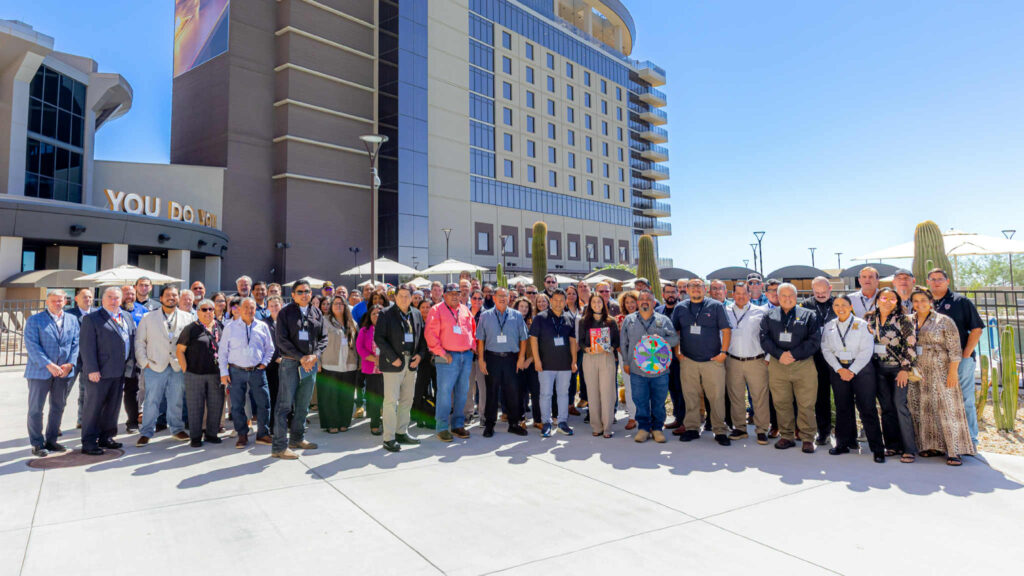
Pairing Code Enforcement with Native Traditions
Matthew Beaudet, NACO Board Member and former Chicago Building Commissioner, led a panel discussion to encourage tribes to consider setting up a system of building code enforcement that fits Native traditions and priorities. Panelists included:
- Rainer Shooter, Executive Director, Stockbridge-Munsee Band of Mohicans
- Troy Parr, Economic Development Director, Oneida Nation of Wisconsin
- Anthony Foerster, Building Official, Pokagon Band of Potawatomi
- Daniel Burr, Project Manager, Stockbridge-Munsee Band of Mohican, and NACO Vice President
Anthony Foerster said his tribe has four counties in Michigan and eight in Indiana where developing a tribal building code had plenty of challenges. He is the second code official for the tribe and pointed to significant successes in enforcing codes and fostering positive economic growth. Many consider the tribe’s building safety codes to be superior to the codes adopted by non-tribal governments in the two states.
“We’ve amended our codes our way because our codes protect our families and we don’t want anybody in our families to get hurt,” Foerster said.
“If you say you build to code, what it really means is you are building to the bare minimum that is acceptable to protect our interests.”
Foerster said building codes have had a positive impact on his community. People are not spending money on repairs created by neglectful construction and high insurance rates. He said a clinic physician told him incidents of allergies have dropped significantly, and community pride is supportive of new parks, playgrounds, walking trails and dog parks.
Rainer Shooter and Daniel Burr have been working on establishing a building code enforcement office for their tribe in eastern Wisconsin. Shooter said codes are essential to quality control of new housing, and without them, contractors will find ways to cut costs or pay little attention to the workers installing materials.
Burr, who started his work last winter in Wisconsin, said that he’ll run into builders who don’t expect to have their work inspected or flagged for defects. It’s a learning process for them.
“There are growing pains,” he said. “We’re going to get better. Codes empower my tribal community.”
Shooter and Burr advised attendees to adopt building codes for their tribes. He said NACO and presenters at the Summit can work with tribal nations to create a template and act as a resource through the code adoption process.
Burr added, “As NACO Vice President it is all about ‘Strengthening Sovereignty through Tribal Building Codes’ and empowering the next generations to come, putting community first.”
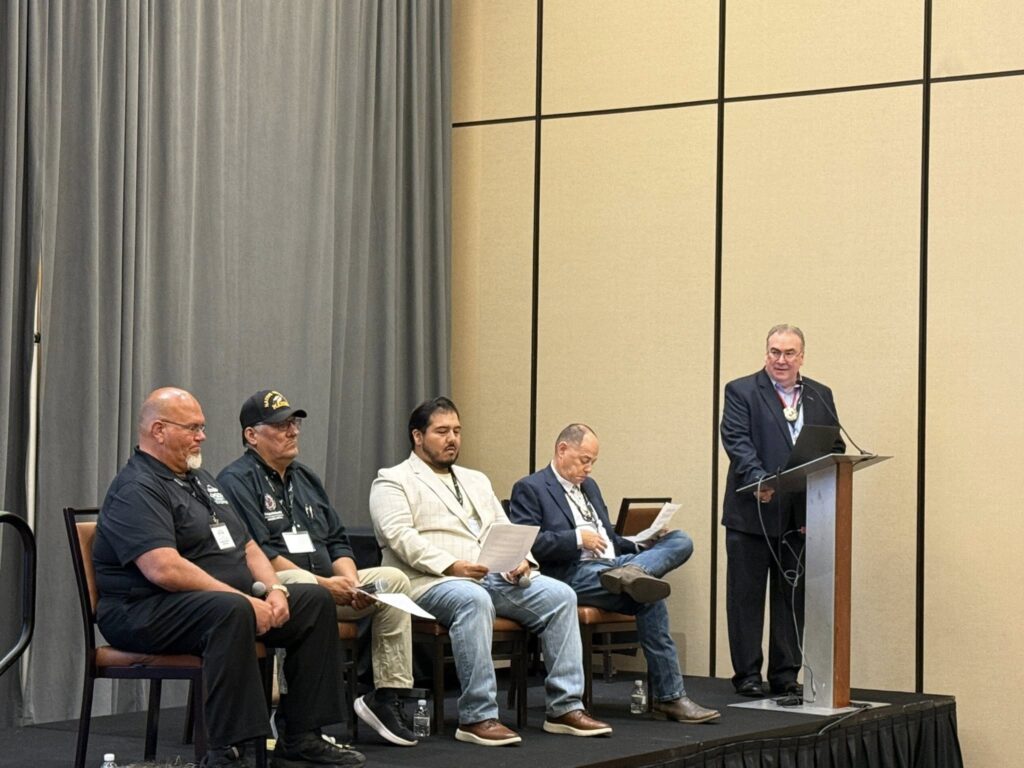
Leveraging Successful Experience
In their presentations, Damen Snow, Fire Marshal, and Tim Scott, Chief Building Official for the Yocha Dehe Wintun Nation in California, discussed conditions before and after building codes were adopted.
Without a tribal code for the reservation, it was chaotic to keep track of which codes had been used or ignored. Reliance on third-party inspections led to confusing record keeping, nonuniform plan reviews and inspections, loose life safety standards, construction delays and frustration. They encouraged tribes to develop a network to “build bridges” and not allow tribal lands to become islands. They said tribal building codes can be amended to take cultures and customs into account and to reflect unique energy resources, water supplies and access and care for cultural sites.
They recommended tribes start with proven models of successful code enforcement and build a library of peer tribal ordinances, experiences and concerns. They encouraged tribes to “engage the ecosystem” of supportive groups like ICC, NACO, the National Fire Protection Association, the Federal Emergency Management Agency and other tribal governments that have enforced building codes.
They said the top priorities for Indian Country are health, housing, economic growth, education, employment, elder care and empowerment, and that they are all shaped by every tribe’s physical building environment.
Snow and Scott highlighted housing projects where contractors cut corners by installing inferior drywall, plumbing, electrical and other building products and by installing materials incorrectly. Poorly built homes lead to costly repairs, poor health environments, abnormally high energy costs and injuries or death. They pointed to research stating that children raised in sub-standard, unsafe housing can develop post-traumatic stress syndrome which could affect them as adults – furthering the need for building codes and code enforcement.
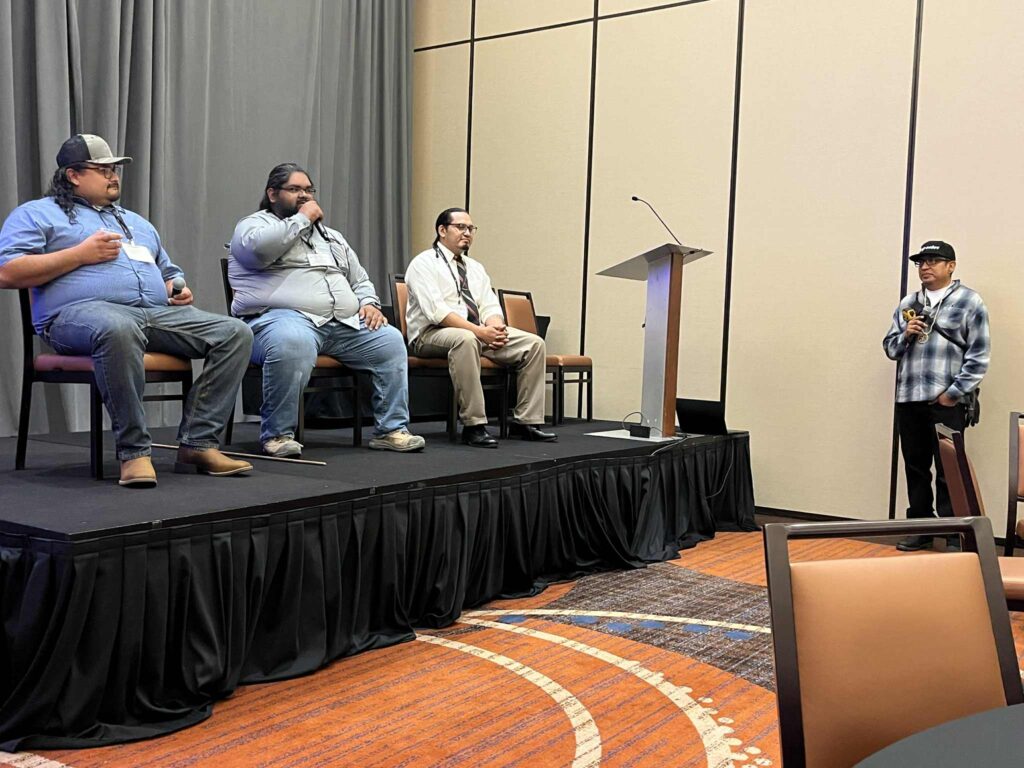
Increased Support of Tribal Building Codes
John Belcik, Chief Executive Officer, ICC, addressed the Summit audience, observing that momentum for building codes in Indian Country is increasing.
Belcik said ICC stands ready to help provide training and certifications for new code officials. He also pointed to the limited edition of the 2024 International Residential Code® book cover that is dedicated to the growth of code enforcement in Indian Country.
NACO Board Member Tawney Brunsch said the capacity turnout for the Summit indicates a great amount of progress since the 2024 Summit in Denver.
“Now is the right time to move this forward,” said Brunsch. “We are creating a pathway to sustainable development and safe homes where every Native community is empowered to build on its own terms. We see ourselves as bridge builders to stronger, safer communities.”
Learn more about the Native American Code Officials (NACO) chapter, here. Interested in starting a Code Council Chapter? Click here to learn more.
